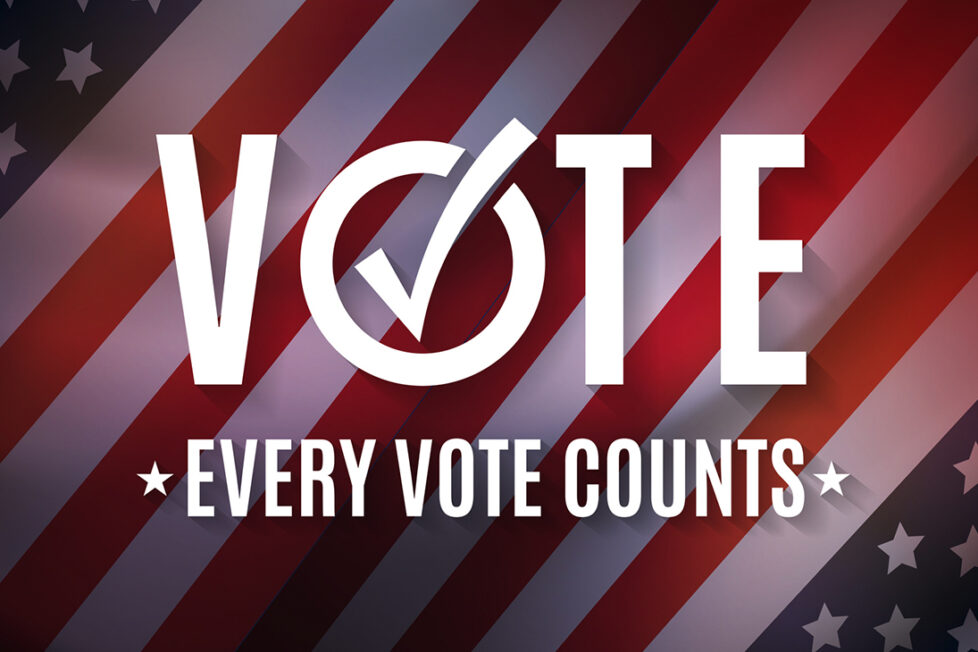Election denial movement thrives in statehouses, threatening Democratic processes, reports reveal


By: Stacy M. Brown / NNPA
In a troubling revelation, three esteemed nonpartisan organizations – the States United Democracy Center, Protect Democracy, and Law Forward – have unveiled a thriving election denial movement within statehouses nationwide.
Their comprehensive report, titled “A Democracy Crisis in The Making: June 2023 Edition,” presents a harrowing analysis of the introduction of approximately 200 bills in 38 states this year, all aimed at granting state governments the power to undermine elections.
As outlined in the report, these bills would enable legislators and other state officials to wield unprecedented and direct influence over election outcomes.
The researchers found three other bills similar to the Texas proposal that would give the secretary of state the authority to call for a new election in the state’s most populous county.
Moreover, the report highlights the emergence of bills mandating partisan or unprofessional election “audits” or reviews.
Alarming trends from 2021 and 2022 show that lawmakers are considering post-election review schemes that fall short of professional standards, casting doubt on election outcomes.
Some bills even seek to conduct “forensic audits” with undefined parameters.
In contrast, others pave the way for political party representatives to initiate audits, potentially weaponizing them to delay results or sow uncertainty regarding election validity.
Despite the significant losses of election deniers in pivotal battleground races during last year’s midterms, the analysis suggests that the election denial movement remains vigorous and determined.
Should this legislation go unchecked, attempts to overturn elections will persist, posing a grave threat to democratic processes.
The report categorizes election subversion into five actions:
• Seizing control over election results
• Mandating partisan or unprofessional audits
• Usurping election responsibilities
• Imposing impractical burdens on election administration
• Enforcing disproportionate penalties
The authors argue that lawmakers are intentionally impeding the work of trusted election officials while facilitating partisan politicians’ ability to subvert voters’ will.
Contrary to popular belief, the threat of election interference has not dissipated after the midterms; legislators continue to devise new ways to meddle with elections, warns Maya Ingram, a senior policy development counsel at the States United Democracy Center.
According to the report, the proposed bills inject confusion and delays into the election process, fostering an environment prone to attempted subversion and the spread of disinformation.
The consequences become particularly perilous in closely contested elections, as partisan actors could exploit the resulting confusion to question the true will of the voters and manipulate outcomes to suit their own agendas.
Beyond Texas, the report highlights Arizona Republicans introducing HB 2078, enabling post-election investigations requested by candidates, political party county chairs, and certain ballot measure state committees.
The secretary of state would be required to conduct audits under this legislation.
Additionally, GOP-sponsored legislation in Arizona, South Carolina, and Virginia aims to outlaw electronic voting tabulation machines and replace them with head counts, which experts have noted are slower and more prone to errors.
The report also details the passing of some laws, such as Georgia’s SB 222, which Republicans signed into law and makes it illegal for local election workers or elected officials to accept private money to cover election expenses.
Similar laws have been enacted in Arkansas, Idaho, and Montana.
In Florida, Governor Ron DeSantis has signed a bill expanding the powers of the statewide prosecutor to combat election fraud, despite its rarity.
Furthermore, the budget for DeSantis’ election police has been increased, despite widespread criticism of their arrests related to the 2020 election, wherein individuals were allowed to vote by the DeSantis administration.
These laws will likely profoundly impact voting behavior and election administration in the respective states and others where similar legislation has been enacted.
“The decisions made by states today will shape the conduct of future elections in 2024,” warns Maya Ingram of the States United Democracy Center. She emphasizes that even when these bills fail to become law, they perpetuate falsehoods and conspiracy theories, fueling the election denial movement.
Addressing the growing threat that the election denial movement poses is crucial as the fight to protect democratic processes intensifies, the researchers stated.
They said the fate of fair and transparent elections hangs in the balance, demanding urgent action to preserve the integrity of the democratic system.
